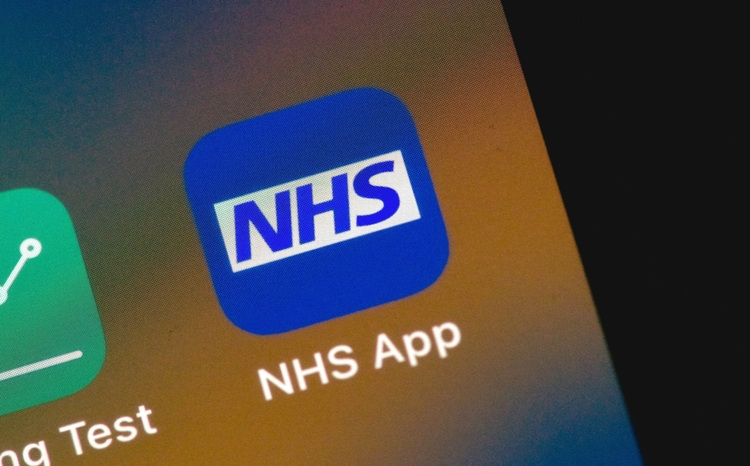Survey calls for IT to help deaf
- 27 October 2009
More than half of deaf and hearing impaired patients regularly face difficulties communicating with their GP surgery and would like practices to make greater use of IT solutions, according to a new survey.
Patient information website Patient.co.uk and charity SignHealth surveyed 525 people with hearing problems to find out about their experiences of GP practices.
A total of 56% said hearing difficulties had led to poor communication either in a GP consultation or in carrying out non-clinical tasks such as booking an appointment.
Almost one in three said communication difficulties had led to missed symptoms, confusion about medication or a lack of time to exchange full information in a consultation.
The survey found 35% had missed appointments because they had not heard their name called. And 37% said they had difficulties because GPs and practice staff did not consistently face them when speaking – with many respondents reporting problems when GPs turned to look at computer screens.
Simple measures that respondents felt would improve communication included having display screens to announce consultations or fetching patients from the waiting room (cited by 57%), remembering to face patients when speaking (cited by 84%) and giving out printed information to support a consultation (64%).
Dr Beverley Kenny, a medical author for Patient.co.uk and a GP, said she recognised how difficult it was to balance the needs of all patients against an increasingly busy workload.
However, she said better recording and awareness of a patient’s hearing difficulties were two simple steps all practices could take.
She added: “We were interested to see that such a high proportion of patients said that written information would be useful to support a consultation. All GPs should be aware that they can download free, GP authored patient information leaflets from the Patient UK website during a consultation.”
An estimated 9m people in the UK experience hearing limitation and 70% of people over 70 have some hearing loss.
Steve Powell, chief executive of SignHealth, said additional service available for GPs included the Sign Translate online interpreting service developed by the charity. The service links a British Sign Language interpreter via a web-cam to the live consultation to help communication.
Powell said the survey revealed the depth and breadth of problems faced by deaf patients across the UK.
He added: “It reinforces our findings from the last two years’ NHS GP patient surveys and strengthens our commitment as an organisation to campaign for better healthcare for deaf people.
“It was moving to hear the respondents’ comments; many of them felt both frustrated and embarrassed at the difficulties they were experiencing, often on a very regular basis.”




